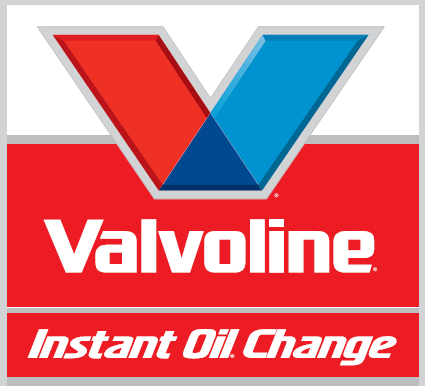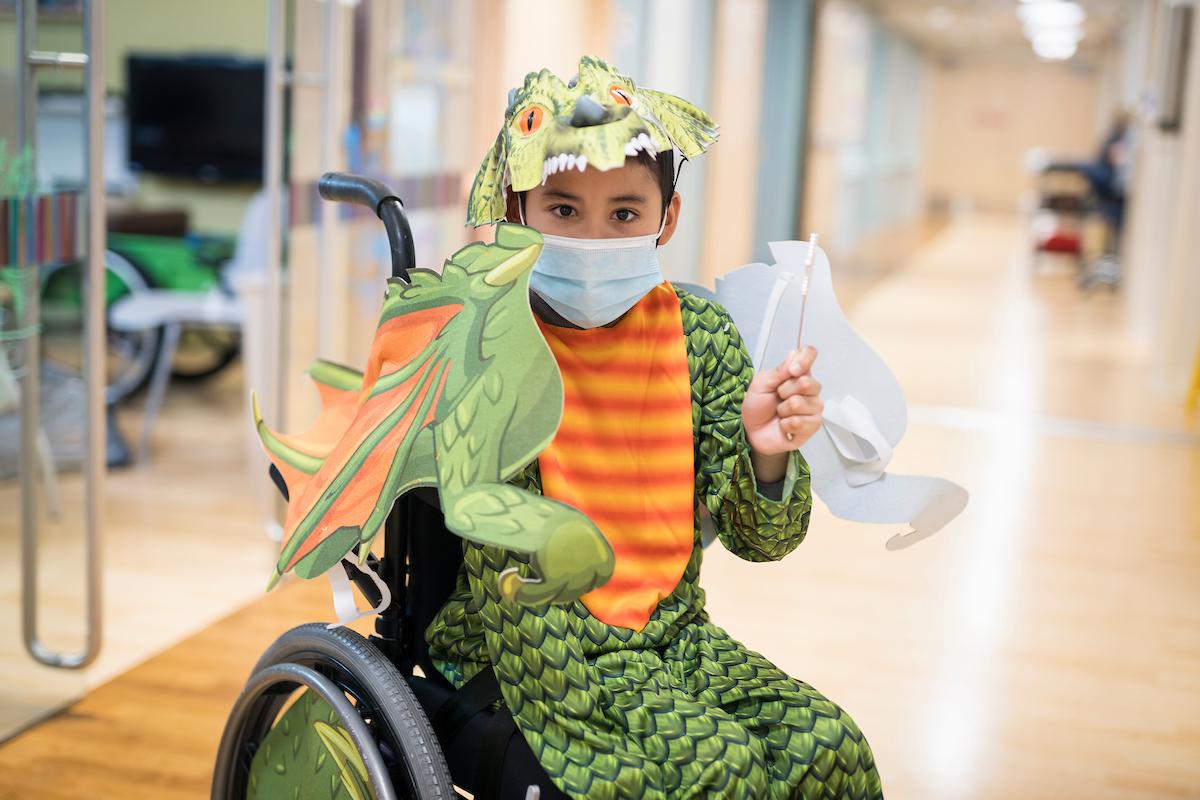Therapeutic Recreation Provides Guidance for Activities for Children Who Have Disabilities
So much of early life is spent on an upward trajectory. Children grow, learn and meet milestones along the way. Rolling over, crawling. The first words, the first steps, the first bike ride. These actions seem small individually, but many serve as formative moments that represent individual progress. They’re the signs that we’re moving forward and the experiences we remember. However, for many of the patients and families at Gillette Children’s Specialty Healthcare, these milestones are often delayed—if they happen at all. “When you have a disability, the world becomes place that is inherently less open to you. It’s a frustrating truth and very often painful experience that many of our families have,” says Kaitlin Lewis, a Therapeutic Recreation specialist at Gillette. “In Therapeutic Recreation, it’s our goal to find ways for our patients do everything they’re capable of doing.”
What Is Therapeutic Recreation?
Therapeutic recreation activities help people of all ages who have disabilities get involved or learn how to adapt recreational and leisure activities. The goal of therapeutic recreation programs is to help all people—regardless of physical abilities and limitations—enjoy an active lifestyle.
“Being a parent—whether your child has a disability or not—is stressful. No one wants their child to miss out on things, but between all the school programs, sports, camps and the like, it can easily become overwhelming,” says Lewis. “For those parents of children who have disabilities, these concerns are amplified, because too often there aren’t adequate resources available to provide accessible activities.”
Luckily, Therapeutic Recreation specialists are available to help Gillette families find suitable opportunities and help their loved ones by:
- Assessing their capabilities and strengths
- Helping them participate in casual or competitive sports adapted for people who have disabilities
- Plan ways to include more activity into daily life
- Practicing cognitive (thinking and learning), fine motor and physical skills during recreational therapy sessions, to gain skills that can affect participation in leisure activities
- Accessing opportunities and equipment for adapted sports and leisure, such as adapted bikes or wheelchair athletics
“There’s certainly a functional and clinical approach that lays the foundation for everything that we do, but really, we’re problem solvers,” says Lewis. “Being able to do something, while important, is not always as important as why a child would want to do it in the first place. We spend time to learn the “why” behind the goals of our patients and strive to help them achieve them.”
The Results Speak for Themselves
When asked about why the role Therapeutic Recreation plays matters, Lewis laughs.
“It’s not complicated…just look at the pictures. Whether it’s riding a bike for the first time, water skiing, or just getting up and down the steps a bit easier to provide for greater independence, seeing the joy our patients experience as they improve is so rewarding. Everyone knows what it feels like to accomplish a personal goal or do something for the very first time, and for many of our kids, the fact that they may have had to wait a bit longer makes it mean that much more. Helping them get to experience these moments is certainly my “why,” and I am extremely honored to play a role in the vibrant lives of our patients at Gillette!”
Gillette recently collaborated with Shockwaves Adaptive Ski in Shakopee, MN. Our staff along with their team took a handful of our patients water skiing, many for the first time.
If you have questions about Therapeutic Recreation at Gillette, please visit our program page and ask about it at your next appointment.













_578_382_40_s_c1_c_c.jpg)
